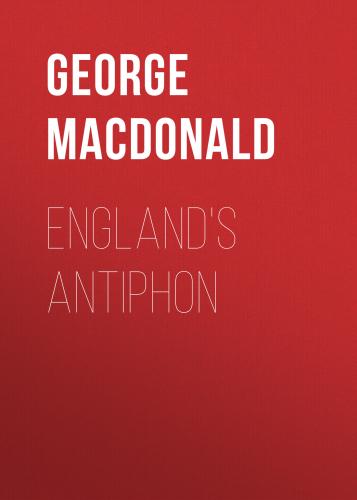Open my lips first to confess
My sin conceived inwardly;
And my mouth after shall express
Thy laud and praises outwardly.
If I should offer for my sin,
Or sacrifice do unto thee
Of beast or fowl, I should begin
To stir thy wrath more towards me.
Offer we must for sacrifice
A troubled mind with sorrow's smart:
Canst thou refuse? Nay, nor despise
The humble and the contrite heart.
To us of Sion that be born,
If thou thy favour wilt renew,
The broken sowle, the temple torn, threshold.
The walls and all shall be made new.
The sacrifice then shall we make
Of justice and of pure intent;
And all things else thou wilt well take
That we shall offer or present.
In the works of George Gascoigne I find one poem fit for quoting here. He is not an interesting writer, and, although his verse is very good, there is little likelihood of its ever being read more than it is now. The date of his birth is unknown, but probably he was in his teens when Surrey was beheaded in the year 1547. He is the only poet whose style reminds me of his, although the wherefore will hardly be evident from my quotation. It is equally flat, but more articulate. I need not detain my reader with remarks upon him. The fact is, I am glad to have something, if not "a cart-load of wholesome instructions," to cast into this Slough of Despond, should it be only to see it vanish. The poem is called
GASCOIGNE'S GOOD MORROW
You that have spent the silent night
In sleep and quiet rest,
And joy to see the cheerful light
That riseth in the east;
Now clear your voice, now cheer your heart;
Come help me now to sing;
Each willing wight come bear a part,
To praise the heavenly King.
And you whom care in prison keeps,
Or sickness doth suppress,
Or secret sorrow breaks your sleeps,
Or dolours do distress;
Yet bear a part in doleful wise;
Yea, think it good accord,
And acceptable sacrifice,
Each sprite to praise the Lord.
The dreadful night with darksomeness
Had overspread the light,
And sluggish sleep with drowsiness
Had overpressed our might:
A glass wherein you may behold
Each storm that stops our breath,
Our bed the grave, our clothes like mould,
And sleep like dreadful death.
Yet as this deadly night did last
But for a little space,
And heavenly day, now night is past,
Doth shew his pleasant face;
So must we hope to see God's face
At last in heaven on high,
When we have changed this mortal place
For immortality.
This is not so bad, but it is enough. There are six stanzas more of it. I transcribe yet another, that my reader may enjoy a smile in passing. He is "moralizing" the aspects of morning:
The carrion crow, that loathsome beast,
Which cries against the rain,
Both for his hue and for the rest,
The Devil resembleth plain;
And as with guns we kill the crow,
For spoiling our relief,
The Devil so must we overthrow,
With gunshot of belief.
So fares the wit, when it walks abroad to do its business without the heart that should inspire it.
Here is one good stanza from his De Profundis:
But thou art good, and hast of mercy store;
Thou not delight'st to see a sinner fall;
Thou hearkenest first, before we come to call;
Thine ears are set wide open evermore;
Before we knock thou comest to the door.
Thou art more prest to hear a sinner cry, ready.
Than he is quick to climb to thee on high.
Thy mighty name be praised then alway:
Let faith and fear
True witness bear
How fast they stand which on thy mercy stay.
Here follow two of unknown authorship, belonging apparently to the same period.
THAT EACH THING IS HURT OF ITSELF
Why fearest thou the outward foe,
When thou thyself thy harm dost feed?
Of grief or hurt, of pain or woe,
Within each thing is sown the seed.
So fine was never yet the cloth,
No smith so hard his iron did beat,
But th' one consuméd was with moth,
Th' other with canker all to-freate. fretted away.
The knotty oak and wainscot old
Within doth eat the silly worm;53
Even so a mind in envy rolled
Always within it self doth burn.
Thus every thing that nature wrought,
Within itself his hurt doth bear!
No outward harm need to be sought,
Where enemies be within so near.
Lest this poem should appear to any one hardly religious enough for the purpose of this book, I would remark that it reminds me of what our Lord says about the true source of defilement: it is what is bred in the man that denies him. Our Lord himself taught a divine morality, which is as it were the body of love, and is as different from mere morality as«the living body is from the dead.
TOTUS MUNDUS IN MALIGNO POSITUS.
The whole world lieth in the Evil One.
Complain
